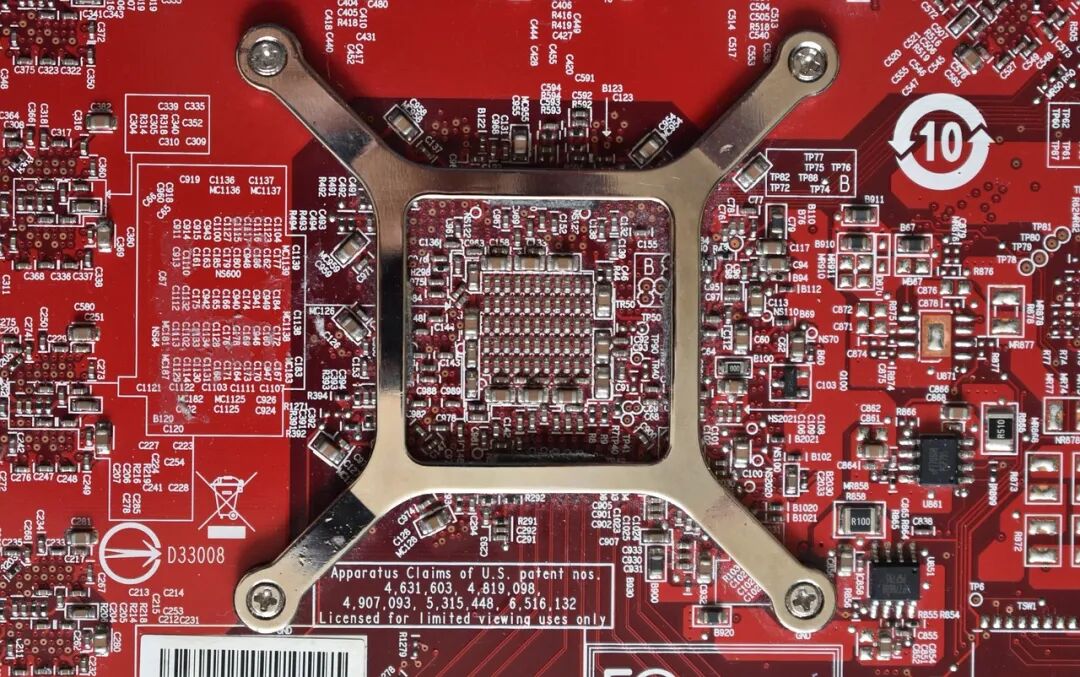In embedded system development, the choice of microcontroller programming framework is crucial as it directly affects the system’s efficiency, real-time performance, and maintainability. Below are several common microcontroller programming frameworks and their characteristics:

1. Polling without Interrupt FrameworkCharacteristics: All tasks are executed in a fixed order without an interrupt mechanism.Applicable Scenarios: Simple applications with low real-time requirements, such as basic LED control.Polling with Interrupt FrameworkCharacteristics: The main function is an empty loop, and all tasks are triggered by interrupts.Applicable Scenarios: Requires real-time response to sudden events, such as pressing an emergency button.
2. Polling with Interrupt FrameworkCharacteristics: The main loop handles periodic tasks, while interrupts handle urgent tasks.Applicable Scenarios: Needs to handle both regular tasks (like sensor data collection) and urgent tasks (like fault alarms) simultaneously.
3. Virtual Timer FrameworkCharacteristics: Uses timers for precise task scheduling, with interrupts responding to sudden events.Applicable Scenarios: Requires precise control over task execution intervals, such as generating multiple PWM signals.
4. Non-Preemptive Real-Time Operating System FrameworkCharacteristics: Tasks are executed sequentially, with execution time controlled by the system, without priorities.Applicable Scenarios: Simple multitasking environments, such as basic data collection and display systems.
5. Preemptive Real-Time Operating System FrameworkCharacteristics: Tasks have priorities, allowing high-priority tasks to interrupt lower-priority tasks.Applicable Scenarios: High real-time requirements and complex task scheduling, such as robot control.Common Systems: Keil RTX, FreeRTOS, uCosII/III.
6. Other Frameworks:Arduino Framework: Simplifies programming, suitable for beginners, and provides rich library support.CMSIS Framework: Standard interface for ARM Cortex-M series, cross-platform compatible.HAL Library Framework: STM32 Hardware Abstraction Layer, simplifies low-level driver development.RT-Thread Framework: Complete real-time operating system, suitable for complex embedded systems.ESP-IDF Framework: Development for ESP series chips, supporting Wi-Fi/Bluetooth.
This article is an original piece by Wanyi Enterprise Training. Please indicate the source when reprinting!For submissions/recruitment/advertising/course collaboration/resource exchange, please add WeChat: 13237418207